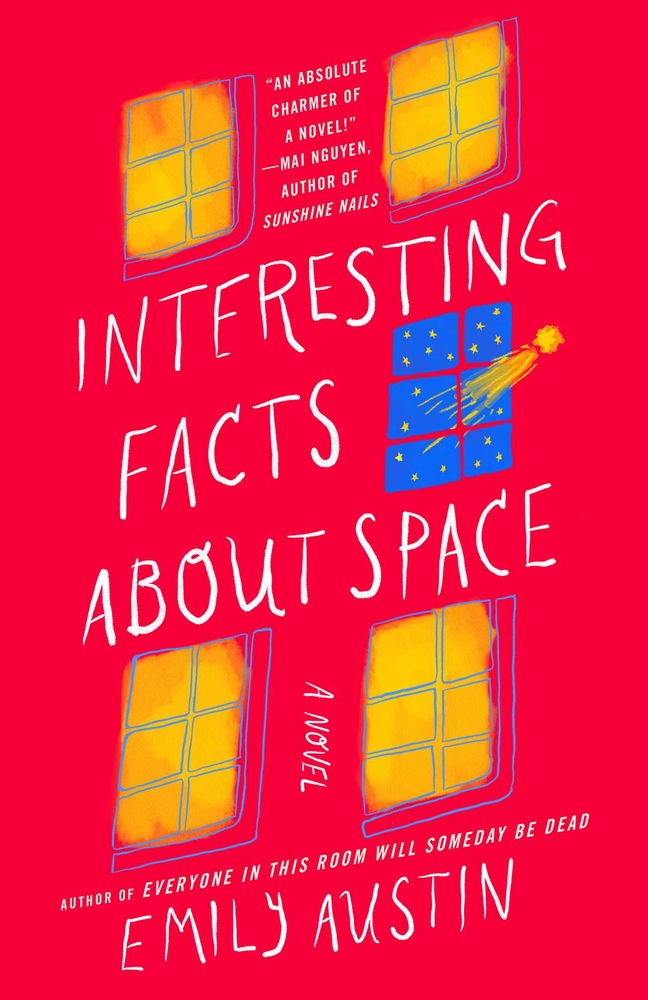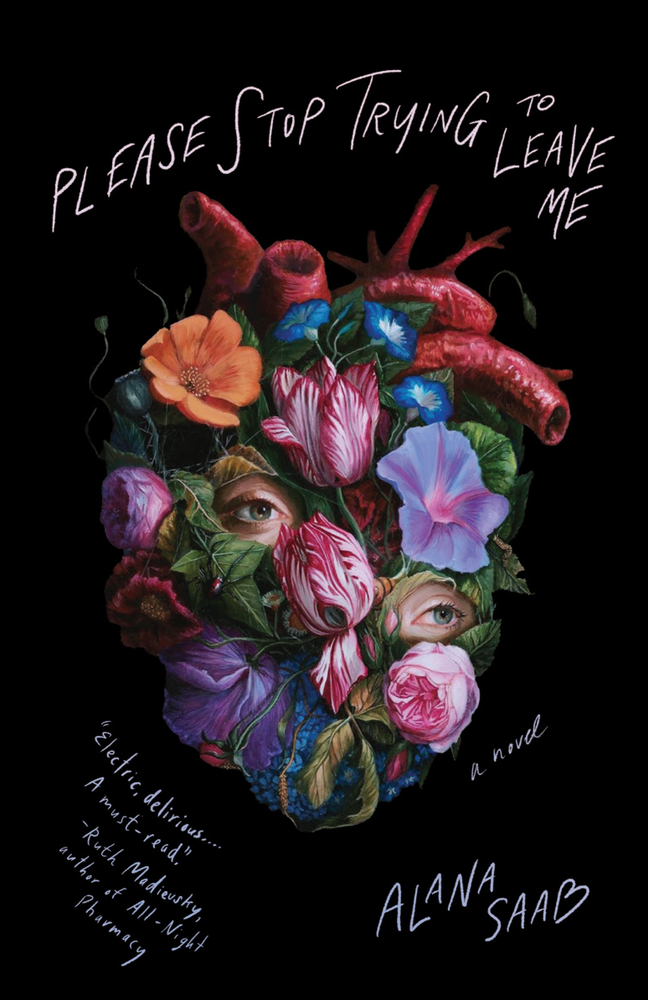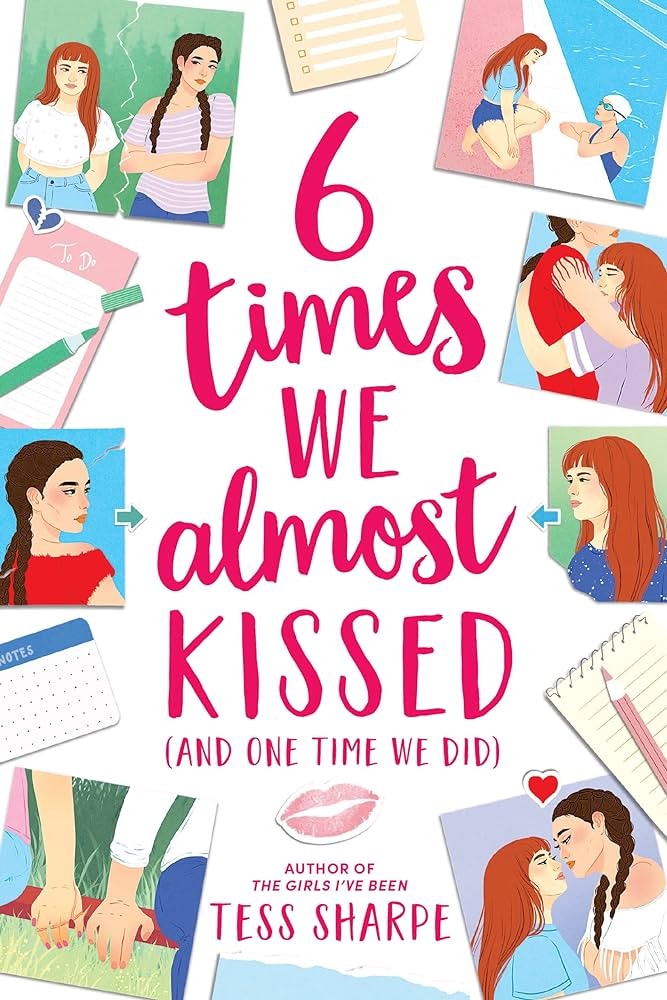Buy this from Bookshop.org to support local bookstores and the Lesbrary! Interesting Facts About Space by Emily Austin (she/her) is one of my new favorite books. Within the first few pages, Austin personified a tampon box, lamented the indignity of celebrating baby genitals (read: gender reveals), and made the astute, albeit morbid, observation that one of theRead More
A Debut with Staying Power: Please Stop Trying to Leave Me by Alana Saab
Buy this from Bookshop.org to support local bookstores and the Lesbrary! Please Stop Trying to Leave Me is a deeply engrossing, frenetic, and thought-provoking debut by Portuguese-Lebanese-American writer and screenwriter Alana Saab (she/her). The story is narrated by Norma, a twenty-seven-year-old, privileged young woman living in present-day New York in the wake of a mental health breakdown. DescribedRead More
Traumatized, Angsty Bisexuals: 6 Times We Almost Kissed (and One Time We Did) by Tess Sharpe
Buy this from Bookshop.org to support local bookstores and the Lesbrary! Penny and Tate’s mothers have always been best friends—but the same cannot be said about the daughters’ relationship. Having clashed their entire lives, they must now put aside their bickering when Penny’s mom agrees to become a liver donor to Tate’s mother, as bothRead More


